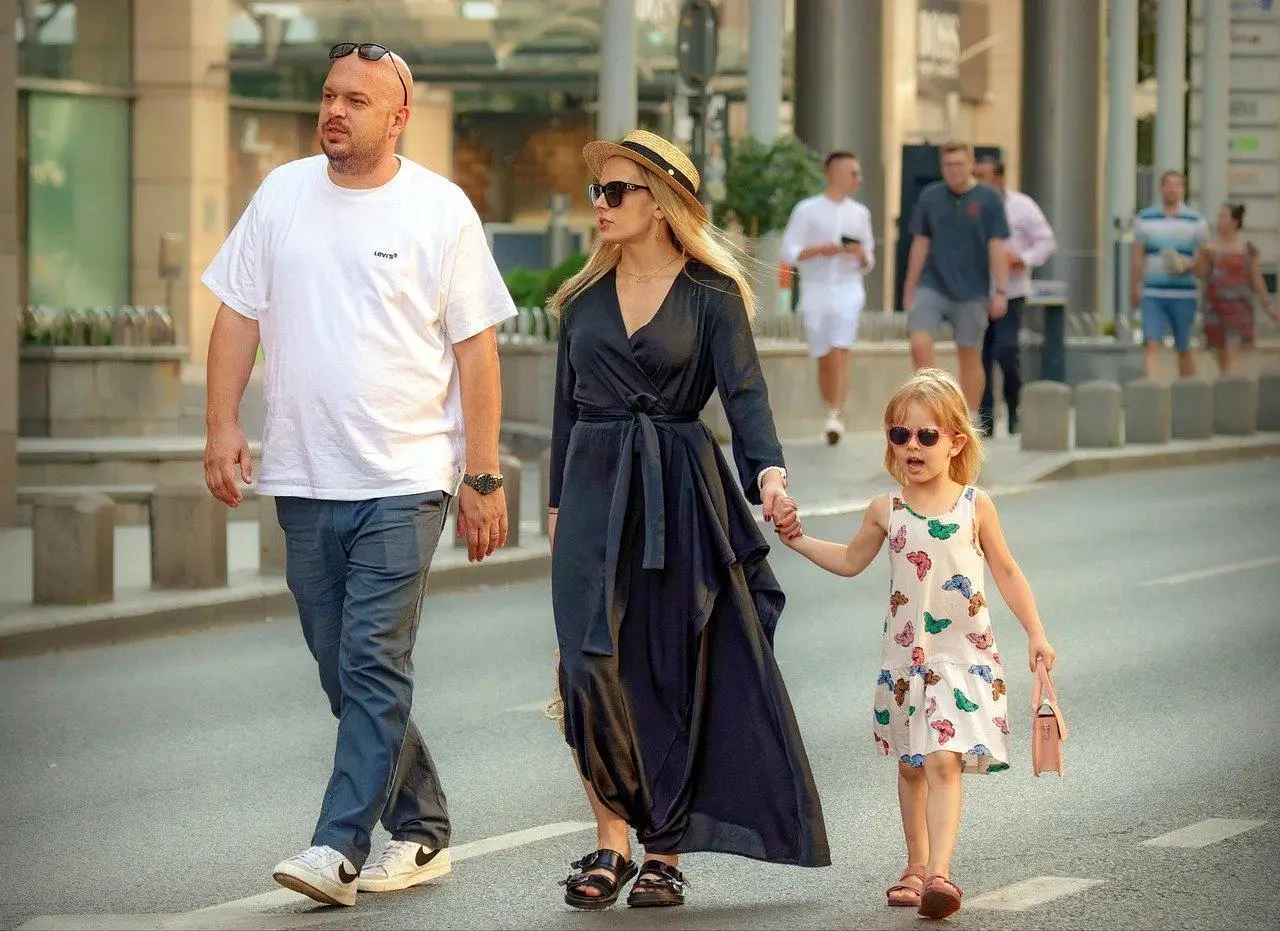How Small Ecommerce Brands Are Redefining Luxury
The concept of luxury has long been associated with established global brands, exclusive price points, and a sense of unattainability. However, small ecommerce brands are redefining luxury by offering personalized experiences, sustainable practices, and unique value propositions that resonate with modern consumers. This shift is transforming the luxury market, making it more inclusive, innovative, and aligned with the desires of contemporary shoppers.
This article explores how small ecommerce businesses are challenging traditional notions of luxury, the strategies they employ, and why they are succeeding in carving out a distinct niche in a competitive industry.
The Evolution of Luxury in the Digital Age
Luxury is no longer defined solely by high price tags or big-name logos. Modern consumers are increasingly valuing experiences, authenticity, and individuality over traditional markers of status. This evolution has been accelerated by the rise of ecommerce, which has democratized access to luxury products and services.
- Accessibility: Ecommerce platforms allow small brands to reach global audiences, breaking down the exclusivity barrier traditionally associated with luxury.
- Customization: Digital tools enable brands to offer tailored experiences, such as personalized product recommendations and bespoke designs.
- Transparency: Today’s consumers expect brands to be transparent about their sourcing, production, and values, which small ecommerce businesses are often better equipped to deliver.
By embracing these changes, small ecommerce brands are reshaping the definition of luxury to better align with the values of the modern shopper.
Craftsmanship and Quality Over Mass Production
One of the key ways small ecommerce brands are redefining luxury is by focusing on craftsmanship and quality rather than mass production. Consumers are increasingly drawn to products that reflect care, attention to detail, and a human touch.
- Artisanal production: Many small brands emphasize handmade or locally crafted goods, which stand out in a market dominated by factory-made items.
- Limited editions: Offering exclusive, small-batch collections creates a sense of rarity and desirability.
- Storytelling: Sharing the story behind a product—such as the artisans who made it or the materials used—adds emotional value and elevates the shopping experience.
This emphasis on craftsmanship allows small ecommerce brands to compete with larger luxury players by offering something truly unique and meaningful.
Sustainability as the New Standard of Luxury
Sustainability has become a critical factor in the purchasing decisions of modern consumers, particularly in the luxury sector. Small ecommerce brands are leading the way in integrating sustainable practices into their business models, appealing to environmentally conscious shoppers.
- Ethical sourcing: Many small brands prioritize responsibly sourced materials, such as organic fabrics or recycled metals, to reduce their environmental impact.
- Eco-friendly packaging: Sustainable packaging solutions, such as compostable mailers or minimalistic designs, resonate with consumers seeking greener options.
- Transparency in production: Small businesses often provide detailed insights into their supply chains, ensuring customers know exactly where their products come from.
By aligning luxury with sustainability, small ecommerce brands are not only meeting consumer expectations but also differentiating themselves in a competitive market.
The Rise of Direct-to-Consumer Luxury
The direct-to-consumer (DTC) model has become a game-changer for small ecommerce brands looking to redefine luxury. By bypassing traditional retail channels, these brands can offer high-quality products at more accessible price points while maintaining control over their brand identity.
- Lower overhead costs: Selling directly to consumers eliminates the need for intermediaries, allowing brands to invest more in product quality and customer experience.
- Stronger brand-customer relationships: DTC brands can engage directly with their audience through social media, email marketing, and personalized communications.
- Flexibility and innovation: Without the constraints of traditional retail, small brands can quickly adapt to market trends and experiment with new ideas.
The DTC approach enables small ecommerce brands to deliver luxury experiences that feel personal, exclusive, and authentic.
Personalization: The Ultimate Luxury Experience
In today’s market, personalization is considered the pinnacle of luxury. Small ecommerce brands are uniquely positioned to offer highly customized experiences that cater to individual preferences and needs.
- Tailored products: From monogrammed accessories to made-to-order clothing, small brands can offer bespoke options that larger companies struggle to replicate.
- Customized shopping journeys: Advanced ecommerce tools allow brands to create personalized recommendations, exclusive discounts, and curated collections for each shopper.
- One-on-one customer service: Small businesses often provide a more intimate level of customer support, enhancing the overall shopping experience.
By prioritizing personalization, small ecommerce brands create a sense of exclusivity and attention that resonates deeply with luxury consumers.
Leveraging Technology to Redefine Luxury
Technology plays a crucial role in helping small ecommerce brands compete in the luxury market. From immersive digital experiences to seamless online shopping, technology allows these brands to elevate their offerings and meet the high expectations of luxury shoppers.
- Augmented reality (AR): Virtual try-ons and AR-powered previews help customers visualize products before purchasing, bridging the gap between online and in-person shopping.
- AI-driven recommendations: Artificial intelligence enables brands to provide personalized product suggestions based on browsing and purchase history.
- Blockchain for transparency: Blockchain technology allows brands to verify the authenticity and provenance of their products, building trust with consumers.
By embracing cutting-edge technologies, small ecommerce brands can deliver innovative and sophisticated shopping experiences that rival those of established luxury players.
Building Authentic Brand Stories
Authenticity is a cornerstone of modern luxury, and small ecommerce brands excel at creating compelling narratives that resonate with their audience. These stories go beyond the product itself, highlighting the brand’s values, mission, and unique journey.
- Founder-led storytelling: Many small brands share the personal stories of their founders, creating a relatable and human connection with customers.
- Cultural heritage: Highlighting traditional craftsmanship or cultural influences adds depth and meaning to a brand’s offerings.
- Community impact: Showcasing how the brand supports local communities or charitable causes reinforces its authenticity and purpose.
By crafting authentic brand stories, small ecommerce businesses can forge deep emotional connections with their customers, enhancing their perception of luxury.
Social Media as a Platform for Redefining Luxury
Social media has become a powerful tool for small ecommerce brands to showcase their unique take on luxury. Platforms like Instagram, TikTok, and Pinterest allow brands to connect with their audience, build communities, and create visually stunning content that reflects their identity.
- Visual storytelling: High-quality images and videos help convey the craftsmanship, quality, and exclusivity of a brand’s products.
- Engaging with customers: Social media provides a direct line of communication, enabling brands to build relationships and foster loyalty.
- Influencer partnerships: Collaborating with niche influencers helps small brands reach targeted audiences and establish credibility in the luxury space.
Through social media, small ecommerce brands can amplify their message and redefine luxury for a new generation of shoppers.
The Democratization of Luxury Through Small Brands
Perhaps the most significant way small ecommerce brands are redefining luxury is by making it more inclusive and accessible. By focusing on quality, authenticity, and personalization rather than exclusivity, these brands are challenging traditional notions of who luxury is for.
- Affordable luxury: Offering premium products at fair prices makes luxury attainable for a broader audience.
- Diverse representation: Small brands often celebrate diversity in their marketing and product offerings, appealing to a wider range of consumers.
- Community-driven luxury: By fostering a sense of belonging and shared values, small brands create a more inclusive and meaningful definition of luxury.
This democratization of luxury reflects the changing values of modern consumers, who prioritize experiences, ethics, and individuality over status symbols.
The Future of Luxury in Ecommerce
As small ecommerce brands continue to innovate and challenge traditional norms, the future of luxury is becoming more dynamic, inclusive, and customer-centric. These brands are proving that luxury is no longer defined by size or heritage but by the ability to deliver exceptional quality, authenticity, and experiences.
By embracing sustainability, personalization, and technology, small ecommerce businesses are not only redefining luxury but also setting new standards for the industry as a whole. This shift represents an exciting opportunity for both brands and consumers to explore a more meaningful and modern approach to luxury.










